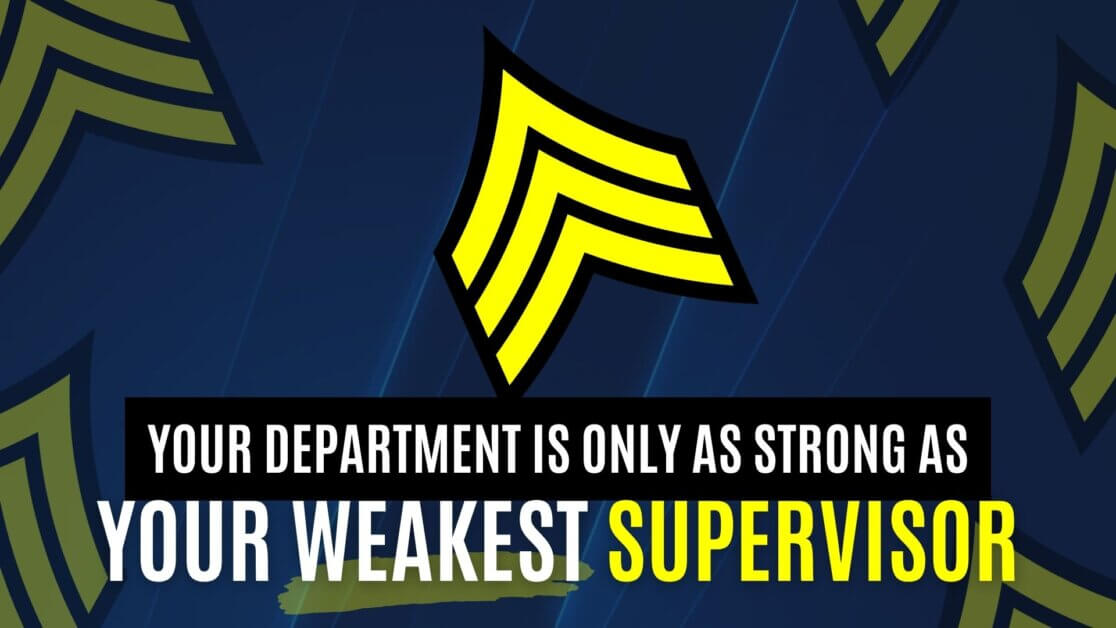Supervisor Program: First Amendment for Supervisors
‣ Instructor: Attorney Eric P. Daigle
‣ Credit Hours: 2
Join the lead instructor at the DLG Learning Center, Attorney Eric Daigle, for an enlightening webinar designed specifically for law enforcement and government officials to deepen your understanding of the First Amendment. This session is crucial for anyone involved in public administration who seeks to navigate the complexities of constitutional freedoms responsibly.



